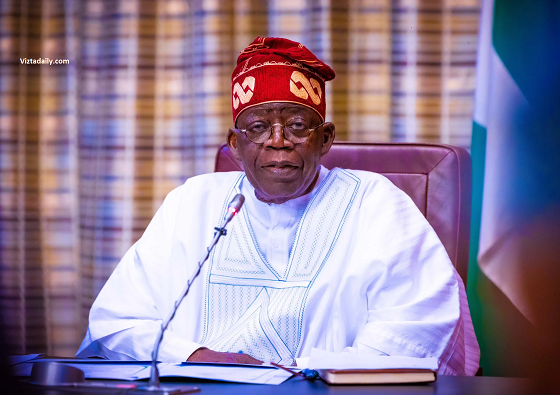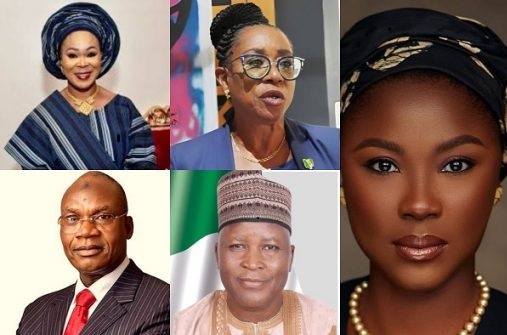Nigerian President Bola Tinubu has recently made significant changes to his 45-member cabinet, aiming to address the economic challenges facing Africa’s largest energy producer. The reshuffle includes the addition of seven new ministers, the dismissal of five, and the reassignment of ten.
Notably, key ministries such as finance, defence, national planning, and energy have retained their roles.
One of the major changes in the reshuffle is the renaming of the Ministry of Niger Delta Development to the Ministry of Regional Development.
Additionally, Tinubu has dissolved the Ministry of Sports and merged the ministries of tourism and arts and culture. These changes reflect a strategic realignment aimed at improving governance and efficiency within the government.
However, Tinubu’s economic policies since assuming office last year have faced criticism.
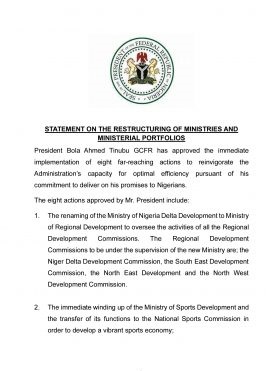
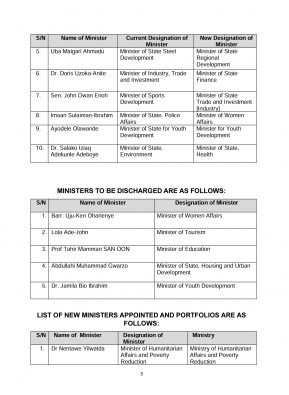
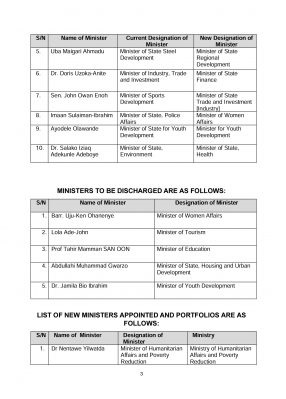
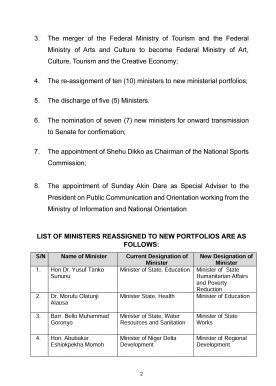
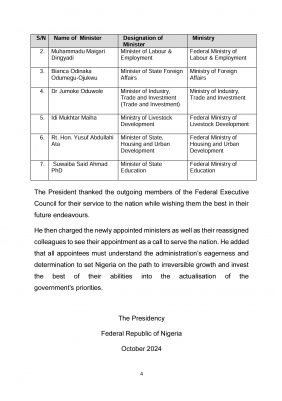
The devaluation of the naira and cuts to petrol and electricity subsidies have led to a sharp increase in inflation, currently standing at 32.70%. This has resulted in a cost-of-living crisis for many Nigerians.
In response to these challenges, Tinubu has appointed new ministers for humanitarian and poverty reduction, trade and investment, labour, livestock development, as well as junior ministers for foreign affairs, education, and housing.
At the same time, several ministers have been dismissed from their positions.
Despite criticism over the size of his cabinet exceeding that of his predecessor Muhammadu Buhari’s 43-member cabinet during his second term, Tinubu is required by law to include representatives from all 36 states.
The reshuffle reflects Tinubu’s commitment to addressing Nigeria’s economic issues while also ensuring regional representation in his government.

